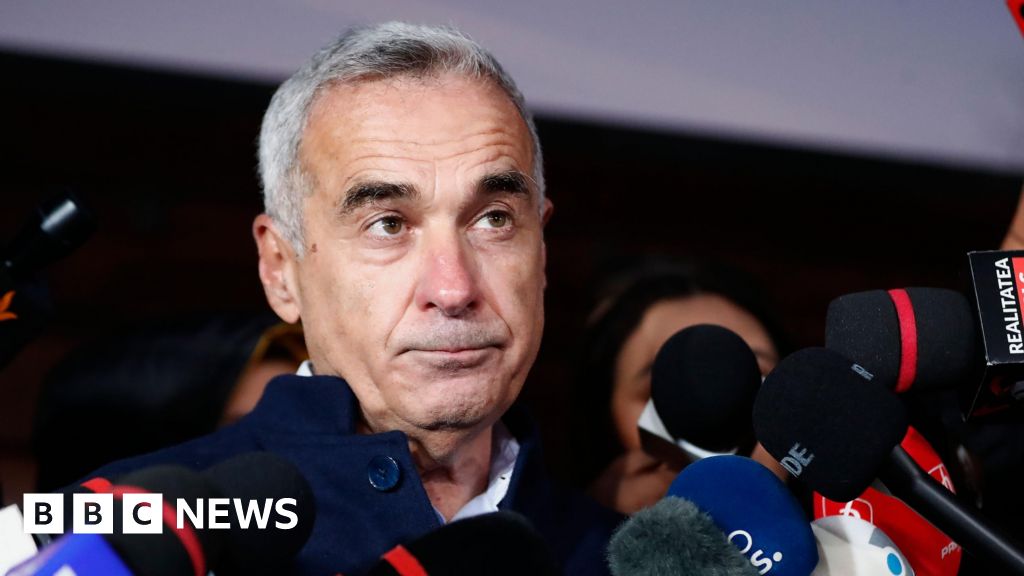Marcos Dismisses Impeachment Talks Against Duterte
Amidst whispers of impeachment proceedings against Vice President Sara Duterte, President Ferdinand "Bongbong" Marcos Jr. has dismissed the notion, calling it inconsequential and a waste of time.
The rift between Marcos and Duterte has been steadily widening in recent weeks, sparking speculation about potential political turmoil. This speculation was fueled by Duterte’s controversial statement during a virtual press conference, where she suggested she would have Marcos, First Lady Liza Araneta-Marcos, and Speaker Ferdinand Martin Romualdez killed if she were assassinated. While Duterte later attempted to clarify her remarks, stating that they were taken out of context, the damage was done.
Several members of the House of Representatives have publicly stated that there were ongoing discussions regarding a possible impeachment complaint against Duterte. However, President Marcos has firmly opposed this move, arguing that it holds no significance for Filipinos and would only serve to distract from more important matters.
A Tempest in a Teacup?
Speaking to reporters, Marcos emphasized the lack of practical impact an impeachment process would have on the lives of ordinary citizens.
"This is not important. This has not made any significant difference to one Filipino life," he stated. "Why waste time on it?"
This stance reflects a desire to de-escalate the situation and prevent it from spiraling further into a political quagmire. Romualdez, when questioned about the impeachment talks, remained tight-lipped, declining to comment on the matter publicly.
The controversy has drawn criticism from various quarters, including government officials and legal experts who have condemned Duterte’s initial statement as inflammatory and irresponsible.
Examining the Potential Fallout
While Marcos has downplayed the significance of the impeachment discussions, the potential ramifications of such a move cannot be disregarded. An impeachment process, even if unsuccessful, could further strain relationships within the government and create a climate of political instability. This could have ripple effects across various sectors, potentially impacting investor confidence and economic growth.
Moreover, the ongoing tensions between Marcos and Duterte raise broader questions about the stability and efficacy of the Philippine government. The ability of the country’s leaders to navigate internal disagreements and maintain a united front is crucial, particularly in the face of pressing socio-economic challenges.
The coming weeks will be pivotal in determining how this situation unfolds. Will the controversy fade away, or will it escalate into a full-blown political crisis? Only time will tell how this delicate balancing act will play out and what long-term consequences it may have for the Philippines.
[Would you like to explore how political instability can impact technology investment in emerging markets? Read our article on [Link to relevant Shorty-News article about technology and politics]. ]
Share your thoughts on this developing situation in the comments below.
_2024_11_27_12_33_08.jpg)

